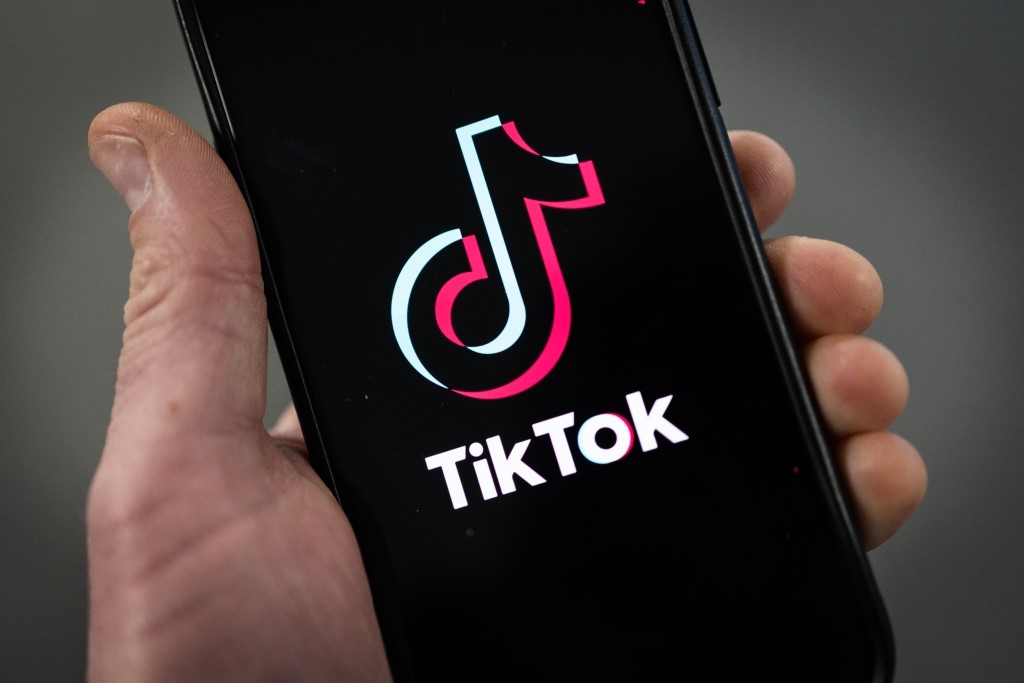France became the latest country to prohibit TikTok use on state employees’ cellphones

France became the newest nation to impose restrictions on TikTok use by outlawing the download of “recreational applications” onto work phones by “public-sector employees.” The change occurred while Shou Zi Chew, the CEO of TikTok, testified before the US Congress and calls for a ban intensified.
According to sources provided by the ministry, “the government has decided to prohibit the downloading and installation of recreational programmes on professional smartphones provided to public officials going forward.”
Applications on the list would include “gaming applications like Candy Crush, streaming apps like Netflix, and entertainment apps like TikTok.” Such “recreational applications” did not offer sufficient levels of cybersecurity and data protection to be implemented on administrative equipment.
On Friday, the Minister of Transformation and Public Administration, Mr. Stanislas Guerini, made the statement. He added that the restriction is in place immediately and that recreational applications do not have adequate data protection and cybersecurity levels.
The European Commission, as well as the governments of Britain, the United States, New Zealand, the Netherlands, and Canada, have all imposed usage limitations on the enormously popular social media website, prompting mounting demands for a boycott. Several nations have informed their officials that they are not permitted to use the mobile app on business equipment due to concerns about connections to the communist regime in Beijing.
In the meantime, TikTok maintains that the Chinese government has no access to or control over its data. According to Mao Ning, a spokesman for the foreign ministry, “China has never required and will not force enterprises or individuals to acquire or provide data located in a foreign nation in a manner that breaches local law.”
Yet, the company had admitted in November that some staff in China had access to user data from Europe. Soon after, it was also claimed that staff members had spied on journalists using the information.
